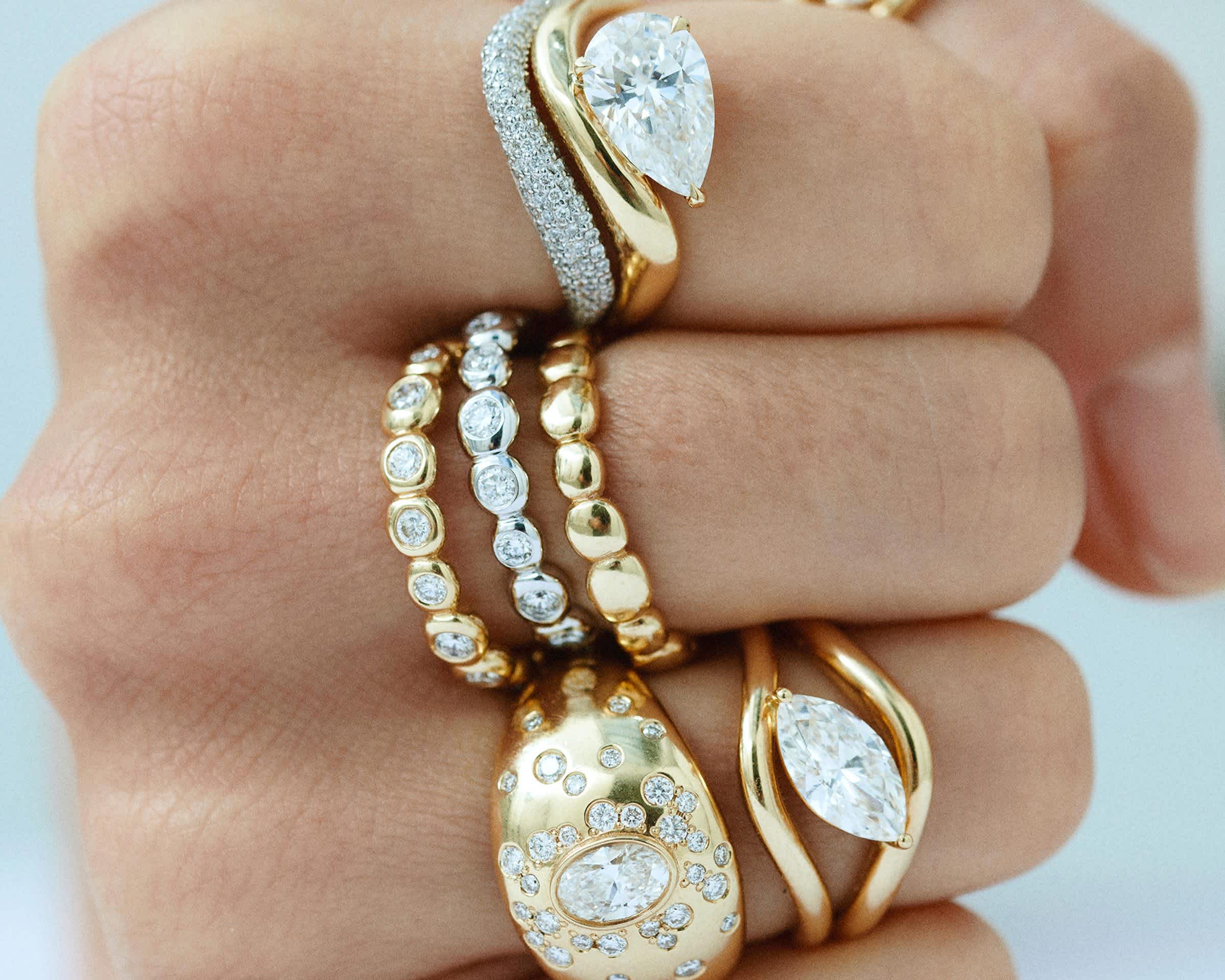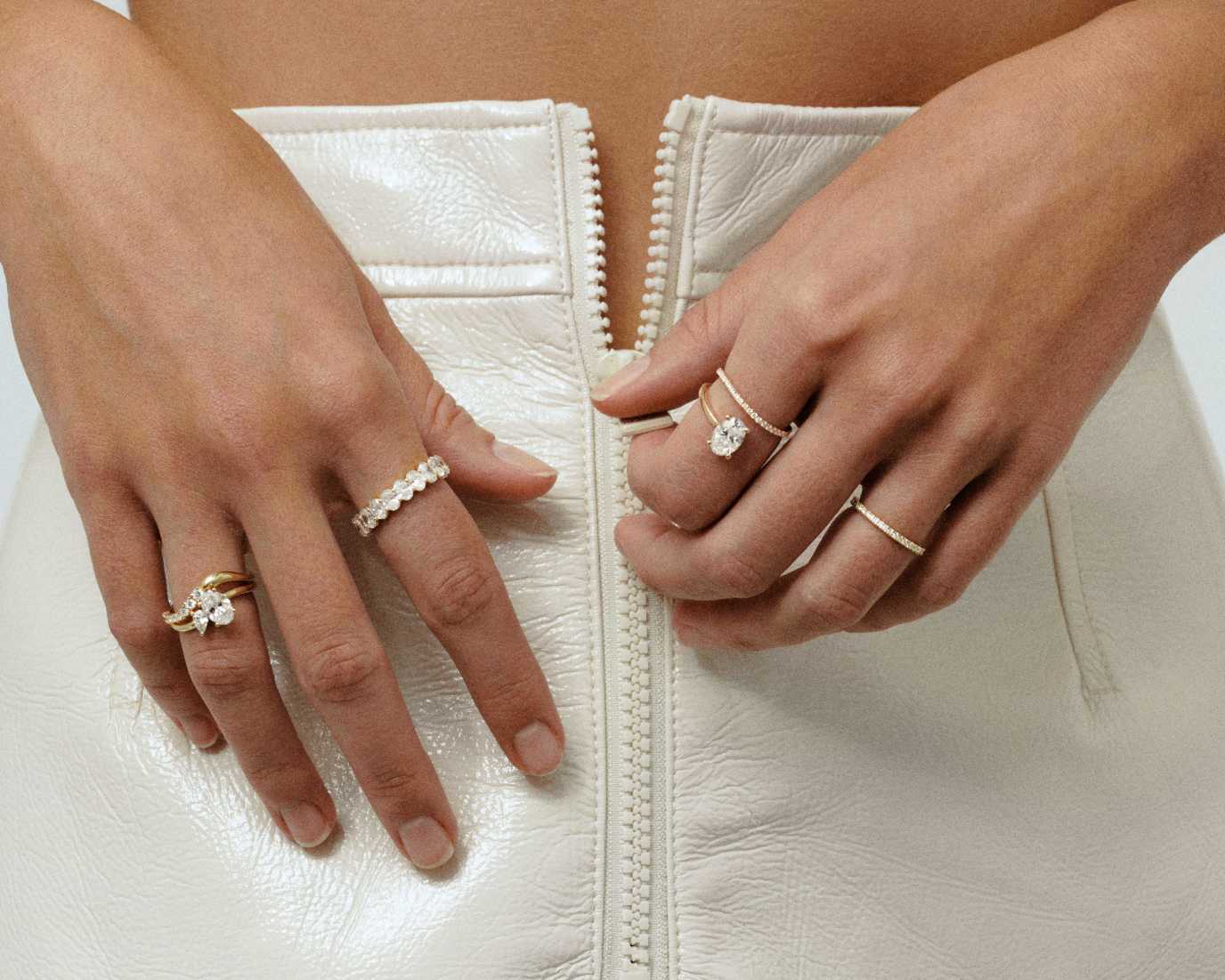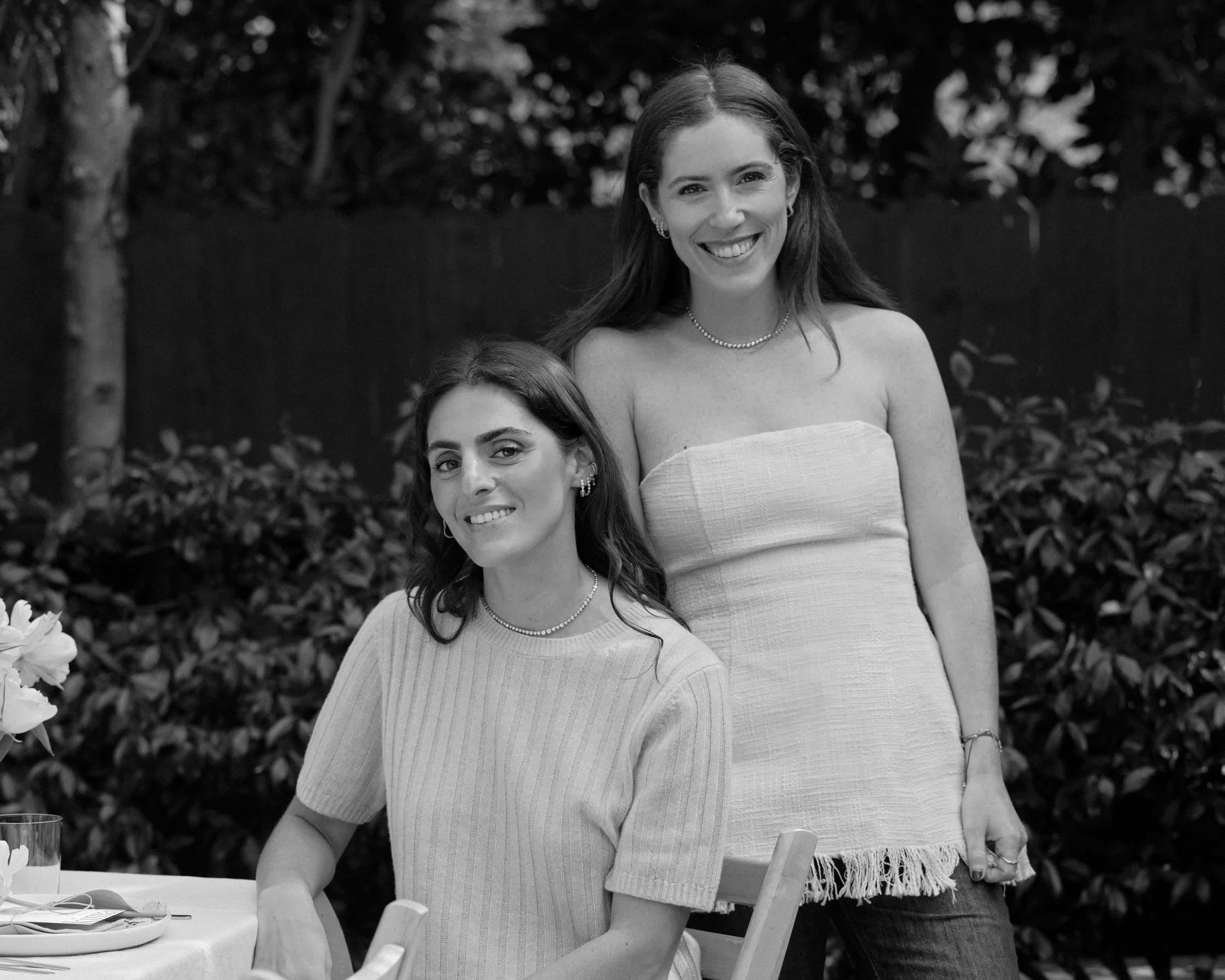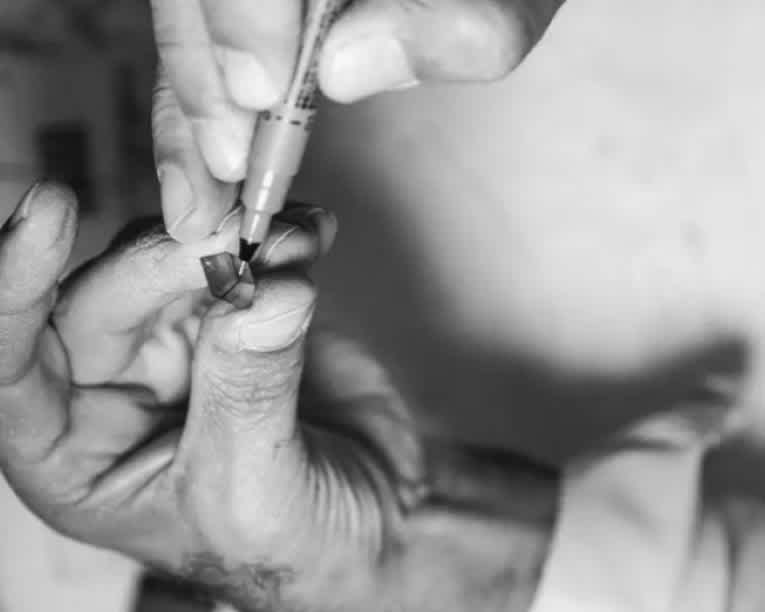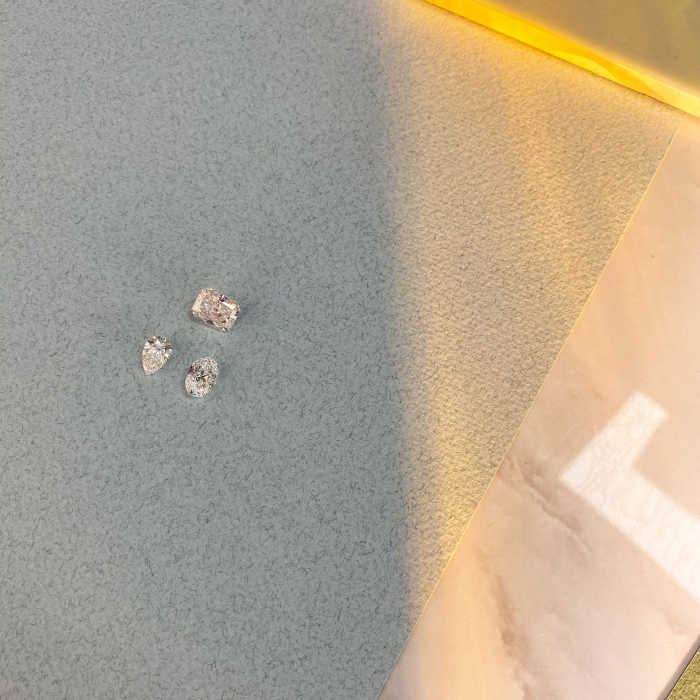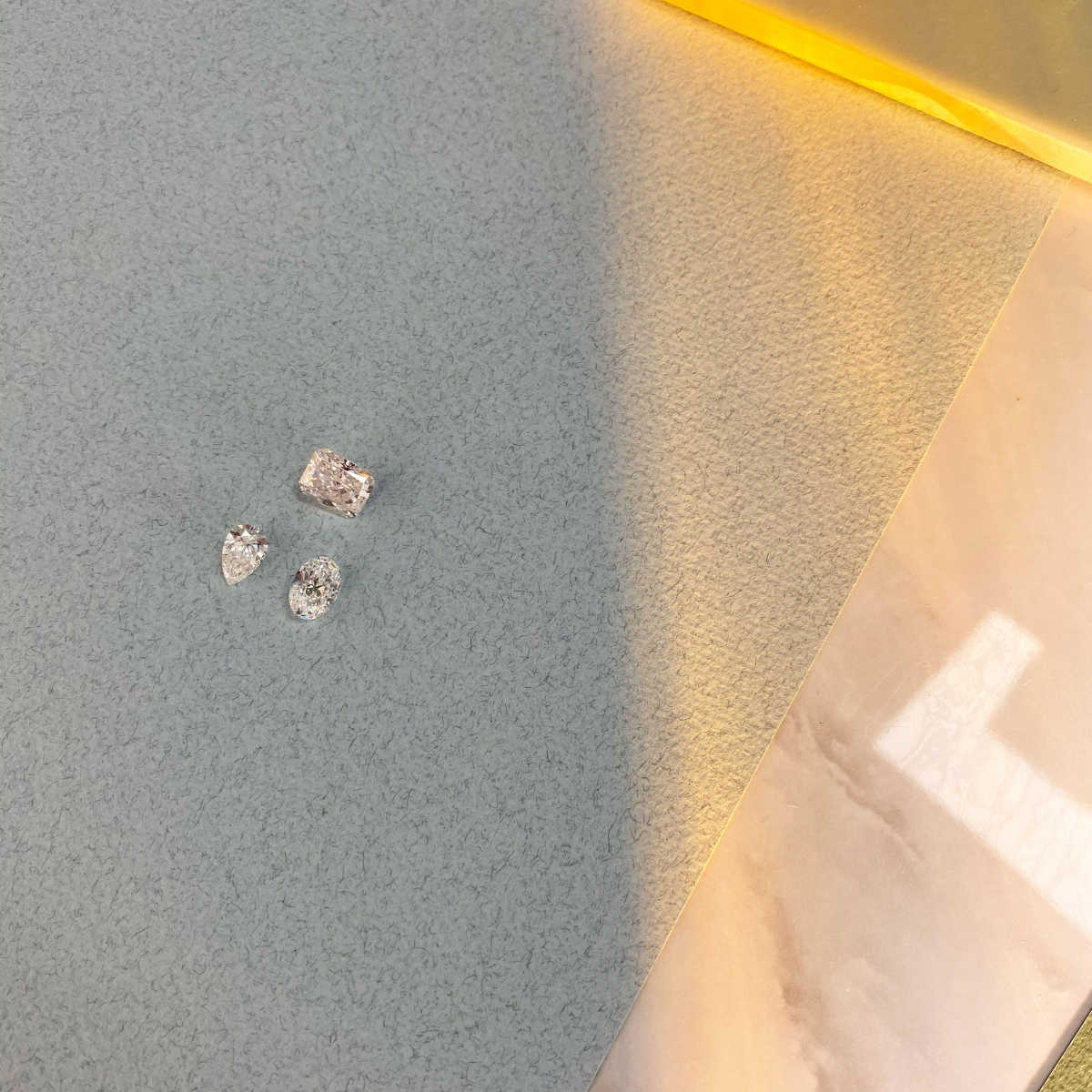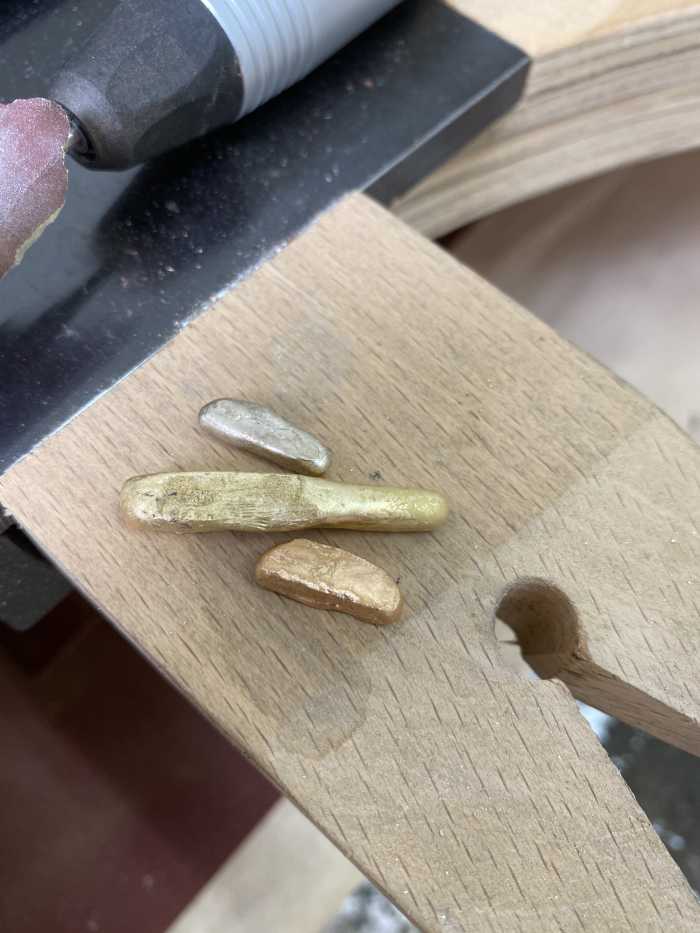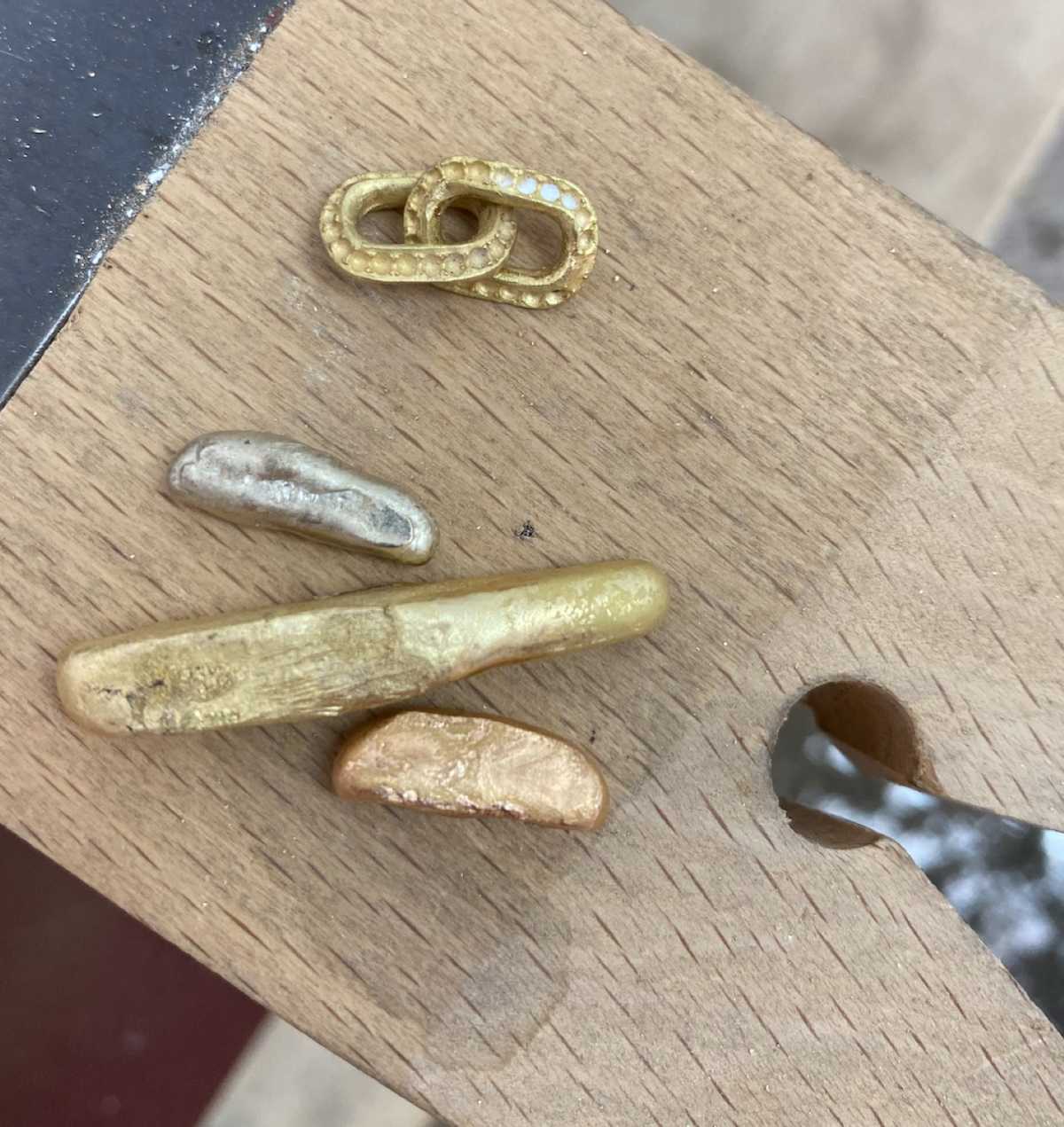Shape
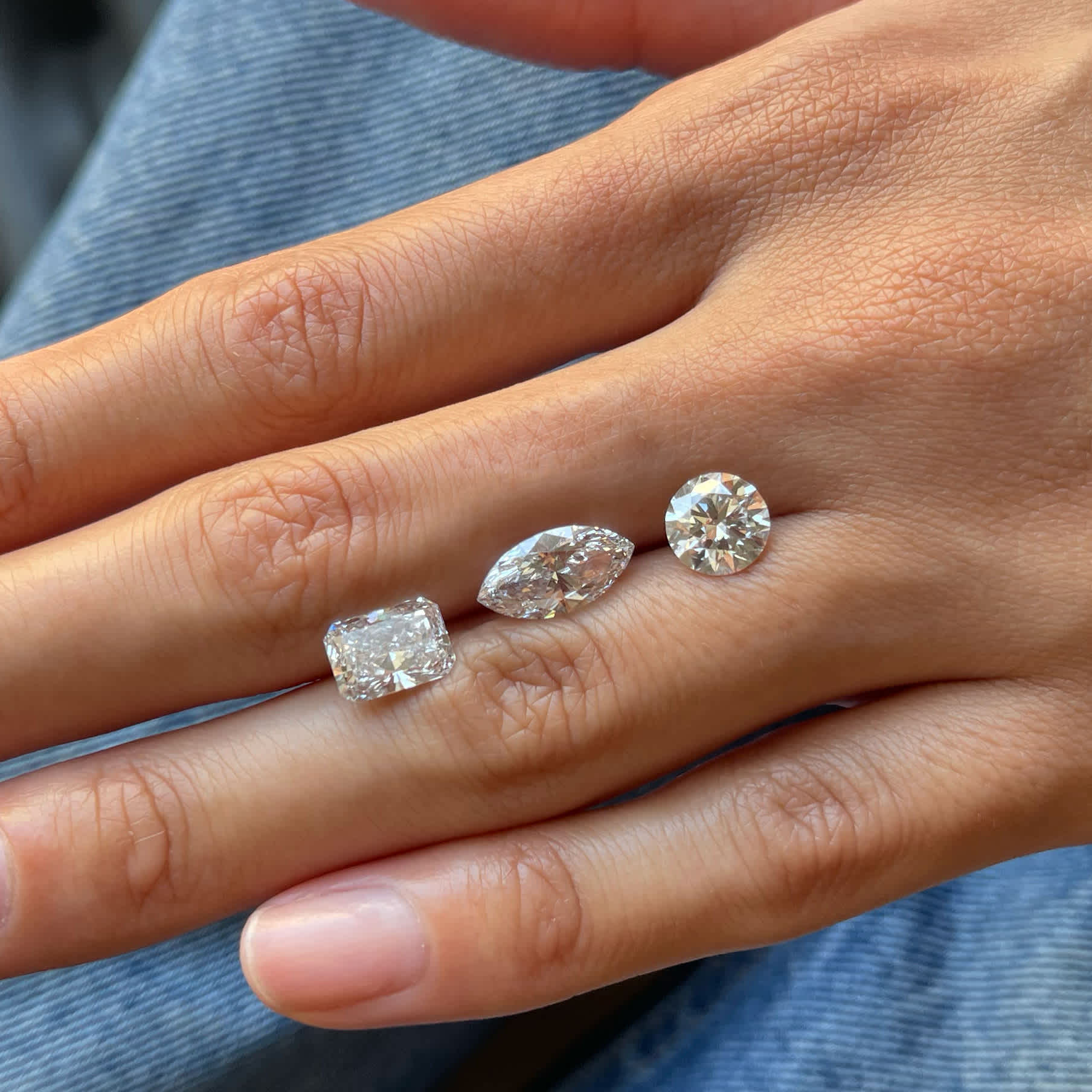
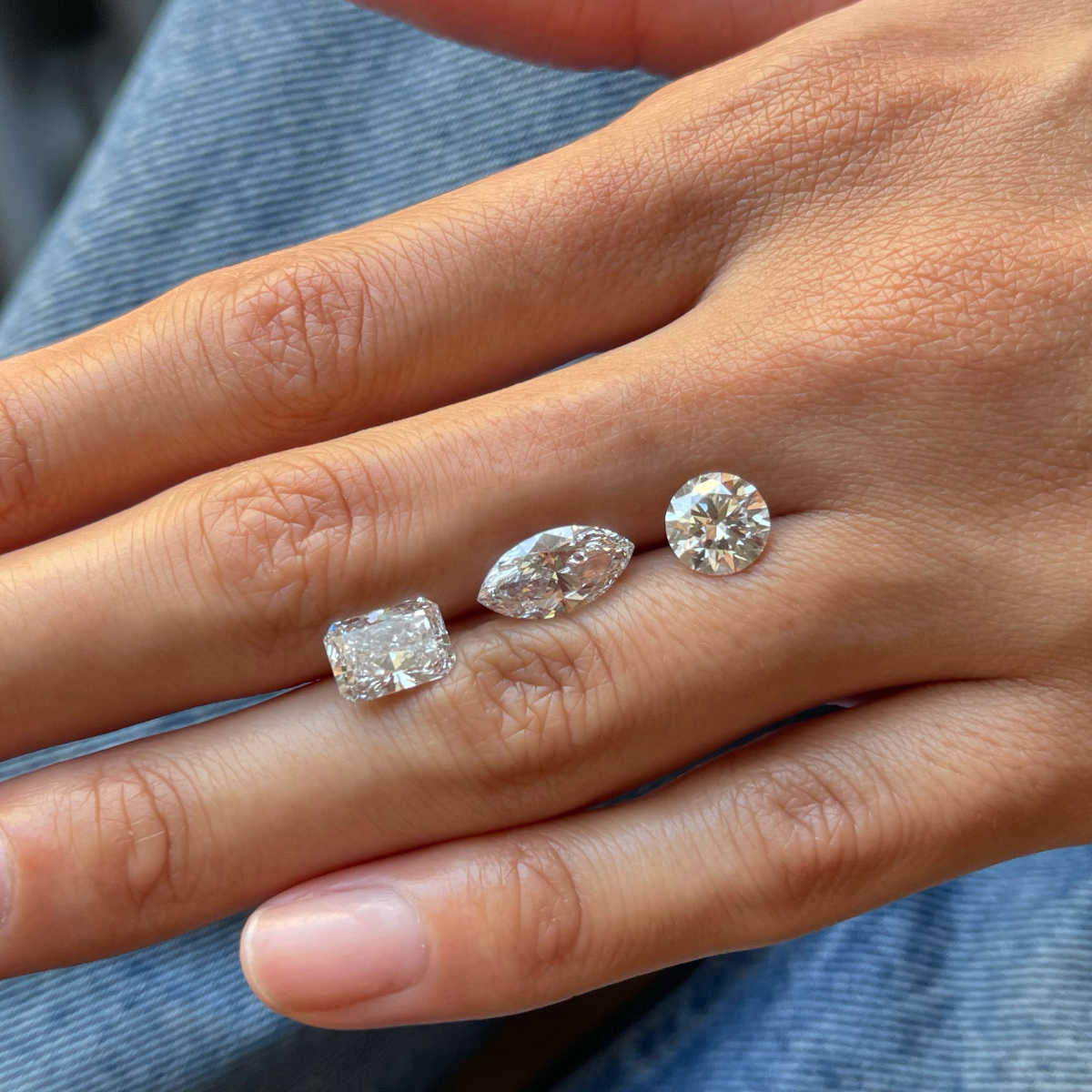
Shape is the launching point of your ring’s design and will also determine your targets for the 4C’s, as well as price. Understanding how different shapes impact price and face-up size is important to get to grips with.
WHAT IS THE DIAMOND SHAPE?
Not to be mistaken with the 4C’s cut (the facets, symmetry, dimensions and reflective qualities of a diamond), shape refers purely to the outline of a stone. To confuse things however, the name of each shape is also referred to as a cut e.g. heart cut. In the world of diamonds therefore, ‘cut’ has two different meanings.
WHAT IS A FANCY SHAPE DIAMOND?
A fancy shape diamond refers to any stone that is not a round-cut diamond. This includes a whole range of shapes that we will delve into further but the most popular is the princess cut, which was first popularised in 1980.
What diamond shape is right for me?
A diamond can be fashioned into any shape but we have curated a list of the most popular choices to help guide you. These shapes are particularly popular for central engagement ring stones.
Round cut
ADVANTAGES
The Round Brilliant cut is the most popular diamond for a classic engagement ring. The round shape is the perfect springboard for an impressive cut, with its 58 facets that offer exceptional brilliance and the illusion of a larger stone.
DOWNSIDES
This is the most popular cut and so is also the most expensive.
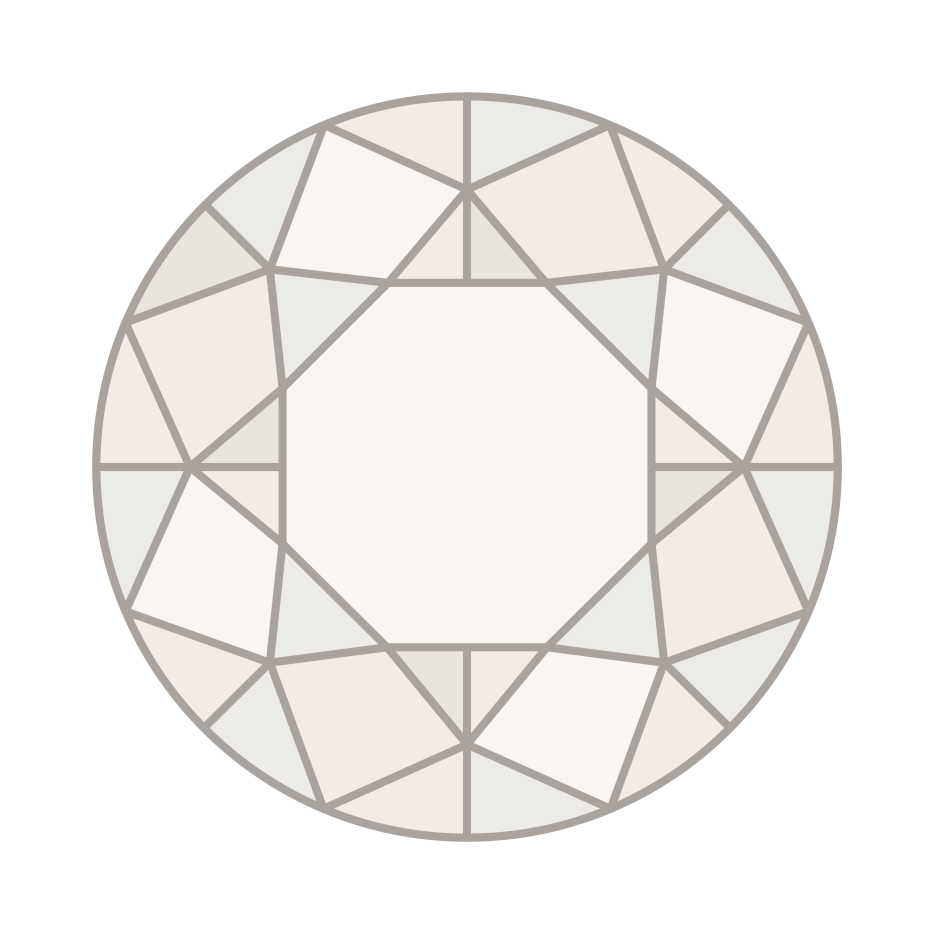
Princess cut
ADVANTAGES
This is a more contemporary choice with a sharp geometric square shape and pyramidal effect. It has a smaller face-up size (what you see when a diamond is mounted in a setting) but its long diagonal measurements creates the illusion of a larger diamond.
DOWNSIDES
It is important to note that the sharp corners of this shape can snag and chip, unless protected by prongs. Inclusions around the edges can also make this more fragile so it’s important to have someone check this before purchasing.
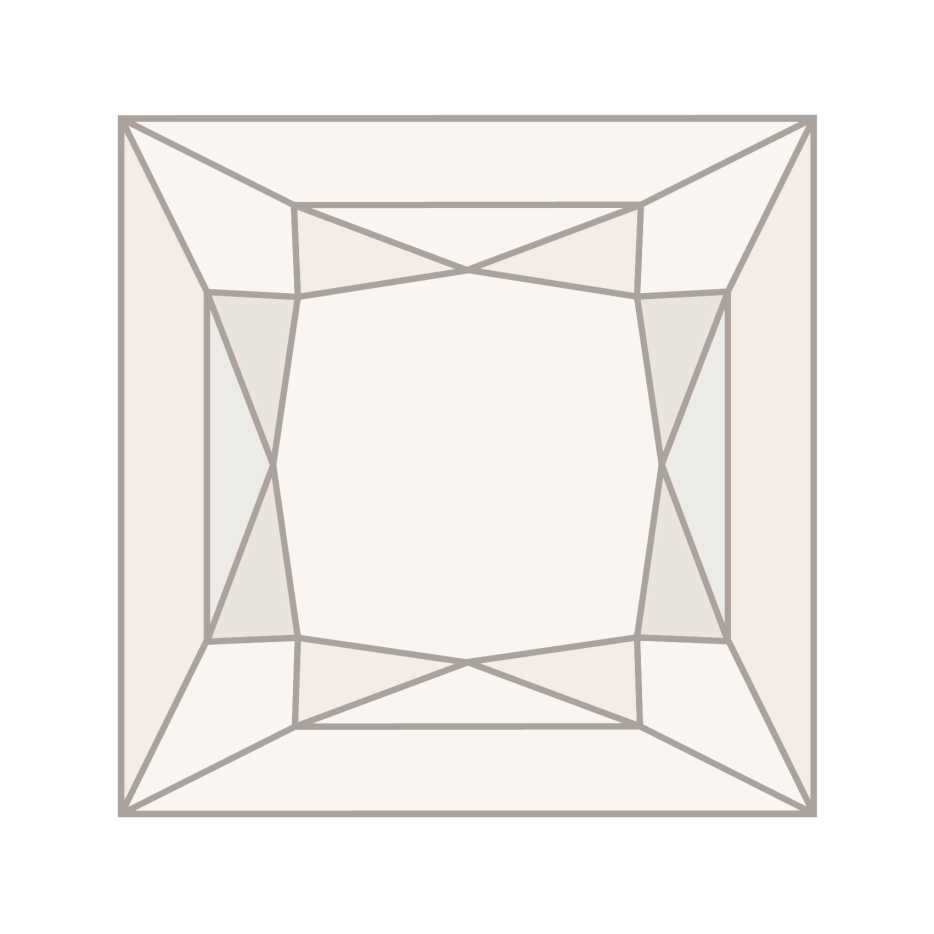
Oval cut
ADVANTAGES
An oval cut diamond is essentially an elongated round brilliant cut. They have all the brilliance of a round diamond but a more unique shape that is a stylish update on the classic. When well cut, it can also look larger than a round diamond because of a bigger face-up area.
DOWNSIDES
All oval cut diamonds have a distinct bowtie pattern at the centre, some more noticeable than others so it depends if this is for you or not. Whilst it can hide inclusions well, it also tends to show colour.
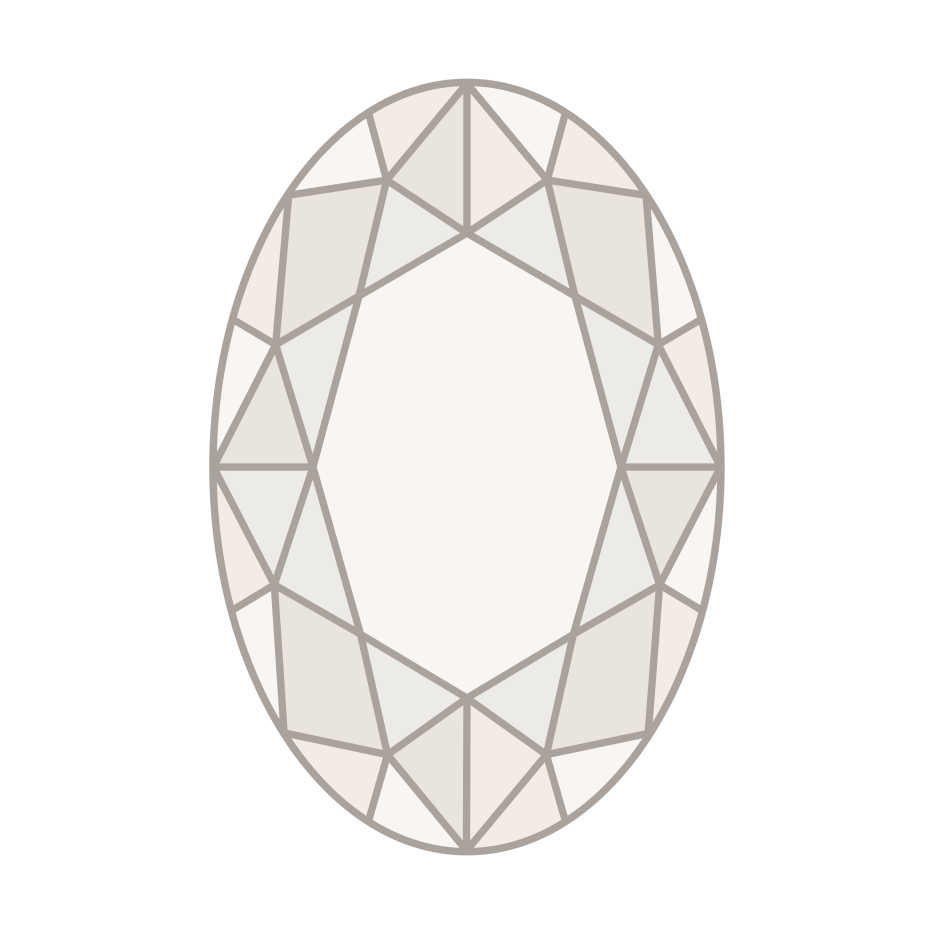
Cushion cut
ADVANTAGES
Cushion cut diamonds are shaped like a square, except with cut corners (a cushion). Its unique angles are known for excellent fire. This is actually one of the oldest diamond cuts and so is often thought of as a ‘vintage style’ but it has recently seen a spike in popularity.
DOWNSIDES
The face-up of a cushion-cut diamond is around 8% smaller than that of a round cut. They are also not very forgiving when it comes to colour, so you will need to pay more for a higher colour grade. They do, however, hide inclusions well.

Emerald cut
ADVANTAGES
An emerald cut features a rectangular shape and a series of parallel straight facets on each side and corner. They have a different kind of sparkle than the brilliance you would see in a round diamond, reflecting light in a ‘hall of mirrors’ effect. They are also slimming for the finger due to the rectangular shape.
DOWNSIDES
You will easily be able to see any inclusions, they have a face-up size around 5% smaller than rounds and their lack of brilliance may make them appear smaller.
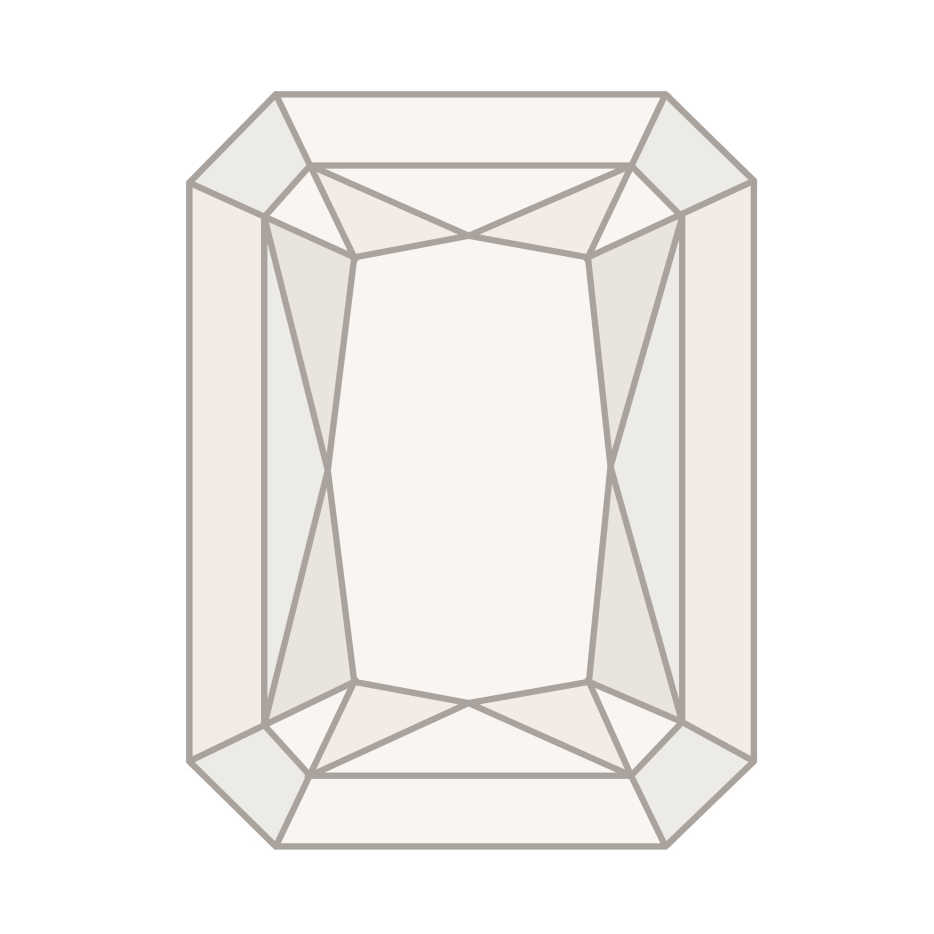
Pear cut
ADVANTAGES
The pear cut diamond is also known as a teardrop and is a classic, vintage cut. They have a larger face-up than round diamonds, which along with their elongated shape makes them appear bigger.
DOWNSIDES
This shape can snag and chip if it doesn’t include prongs, so we recommend always checking first – it’s also important to find out if there are any inclusions at the tip that can weaken the stone. As well as this, pear cut diamonds include a bowtie effect to look out for.
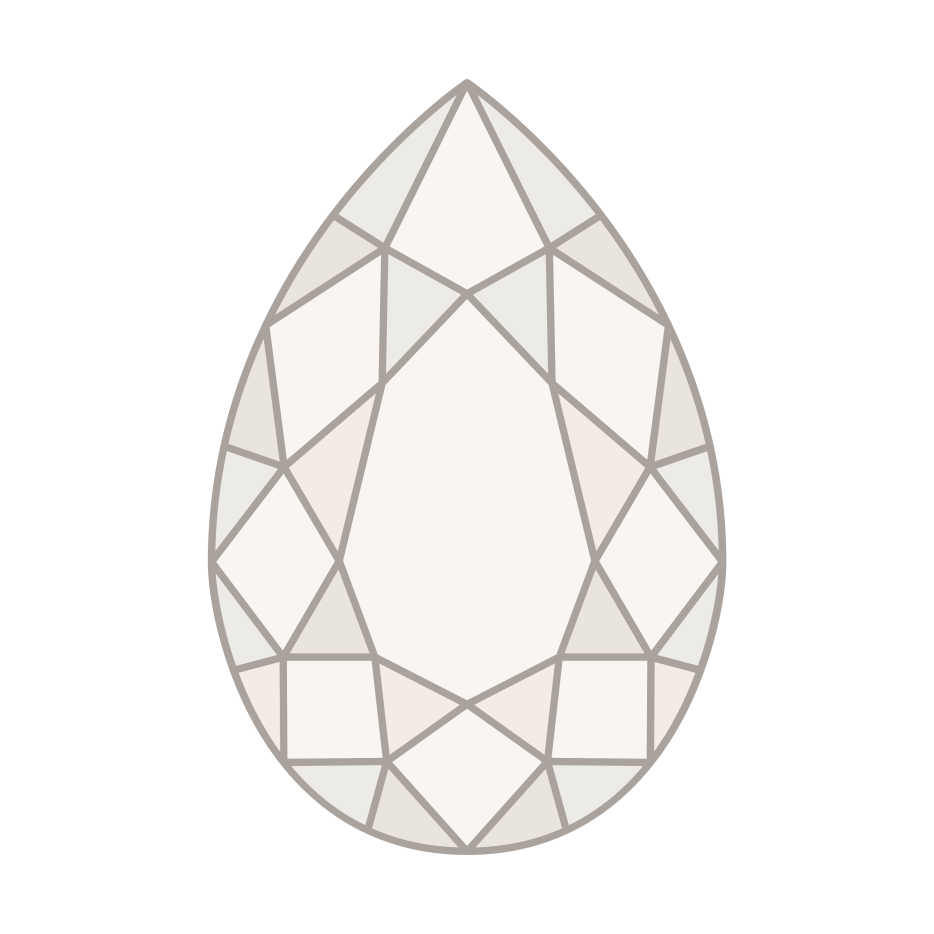
Marquise cut
ADVANTAGES
A marquise cut is a low pointed oval with multiple facets (usually 58). Its elongated shape and the fact it has the largest face-up area of all the shapes creates the illusion of a bigger diamond and slimmer finger. They also hide inclusions well.
DOWNSIDES
Its tapered points are vulnerable and need to be protected to avoid snagging or chipping. You also need to look out for a bowtie effect and lack of symmetry.
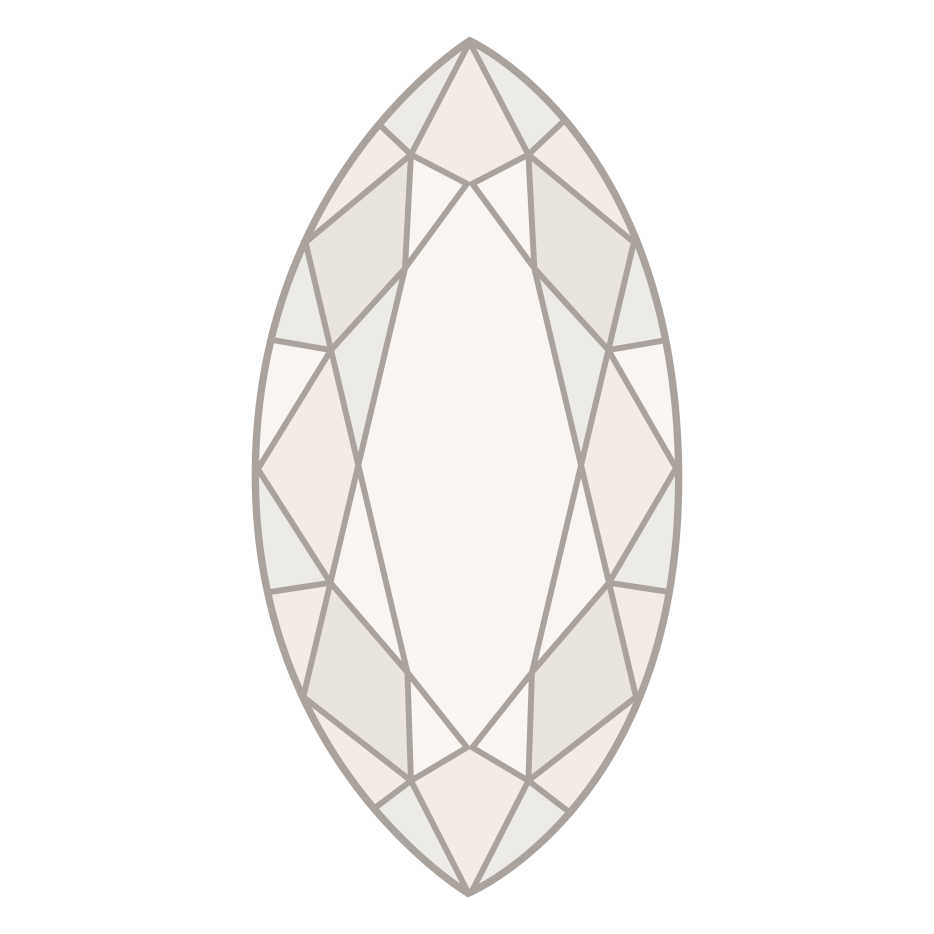
Asscher cut
ADVANTAGES
Asscher cuts are similar to the emerald cut, except with a square shape, it features large step facets and a high crown. The windmill pattern creates an art deco feel that is perfect for those wanting something more classic.
DOWNSIDES
It has the smallest face-up area of all the fancy cuts and doesn’t hide inclusions well.
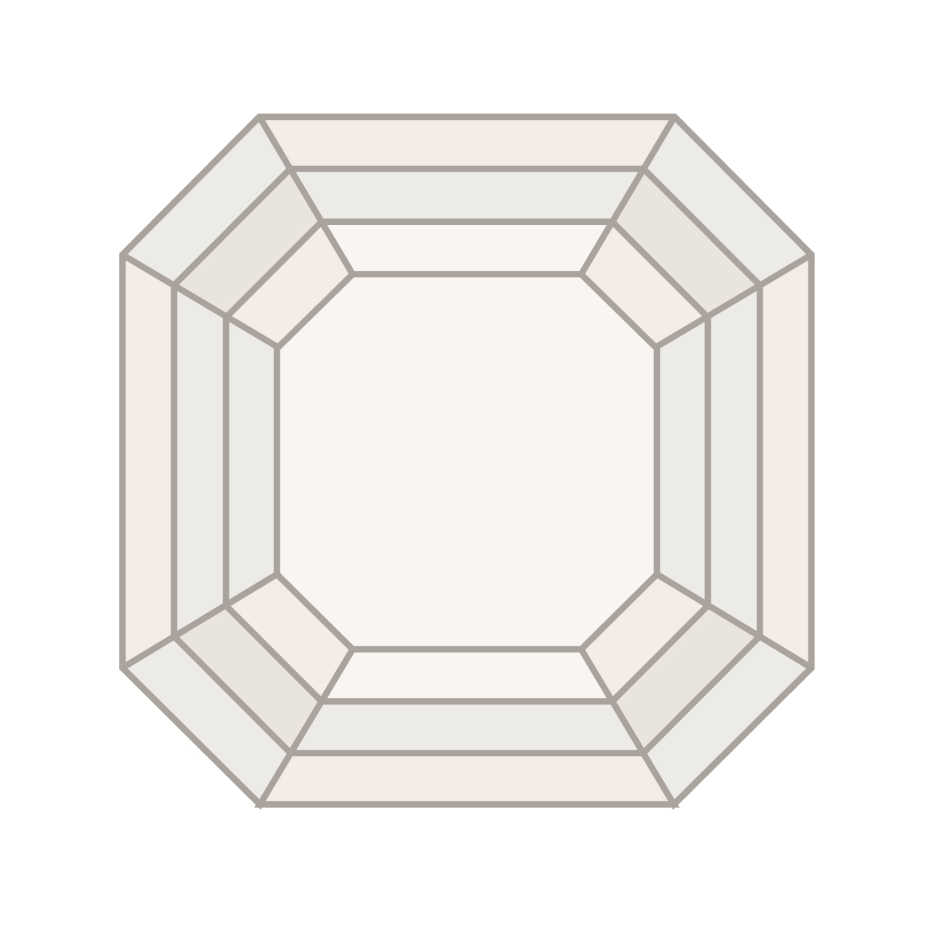
Heart cut
ADVANTAGES
Heart-shaped diamonds have long since been a symbol of eternal love and have remained popular since the 1500s. They were often exchanged between royal families as a sign of goodwill.
DOWNSIDES
The tip is prone to snagging and chipping so you need to make sure it is protected by a prong.
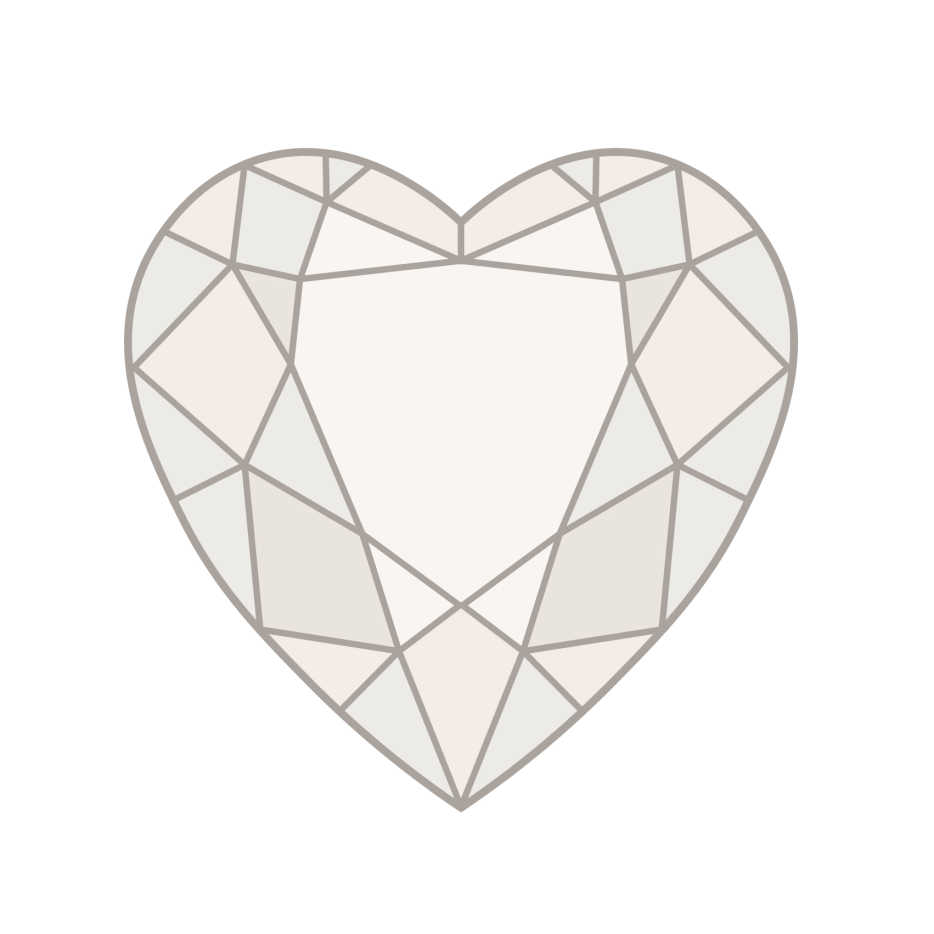
Radiant cut
ADVANTAGES
A radiant cut is typically a rectangular-shaped diamond with a brilliant facet pattern on the crown and pavilion. It is one of the most sparkling cuts possible and with an elongated shape that can seem larger than a round diamond. It also can hide inclusions well.
DOWNSIDES
It has a small face-up size, compared to other shapes.
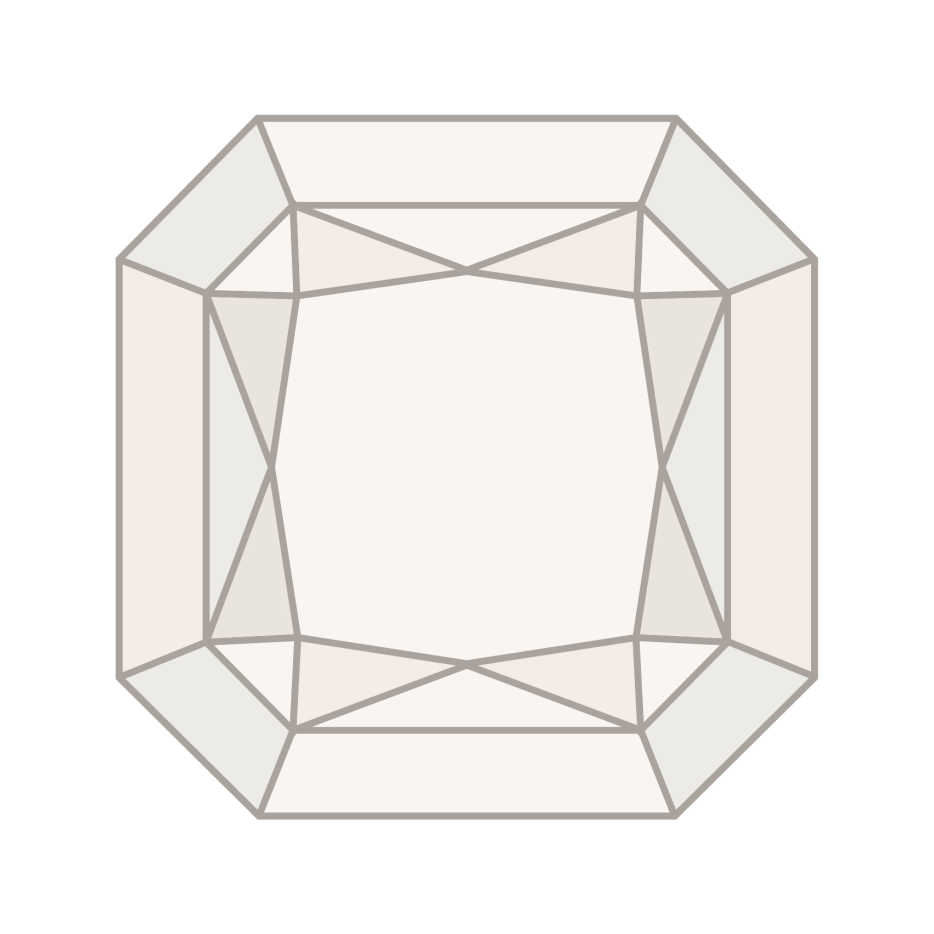
Trillion cut
ADVANTAGES
This is a diamond that's cut into a triangular shape, with three sides of equal length and a flat table at its surface. Its face-up is around 12% larger than rounds, meaning it works as a bold centre stone, although popularly used as side stones.
DOWNSIDES
Large sizes are difficult to find and their corners can snag and chip.
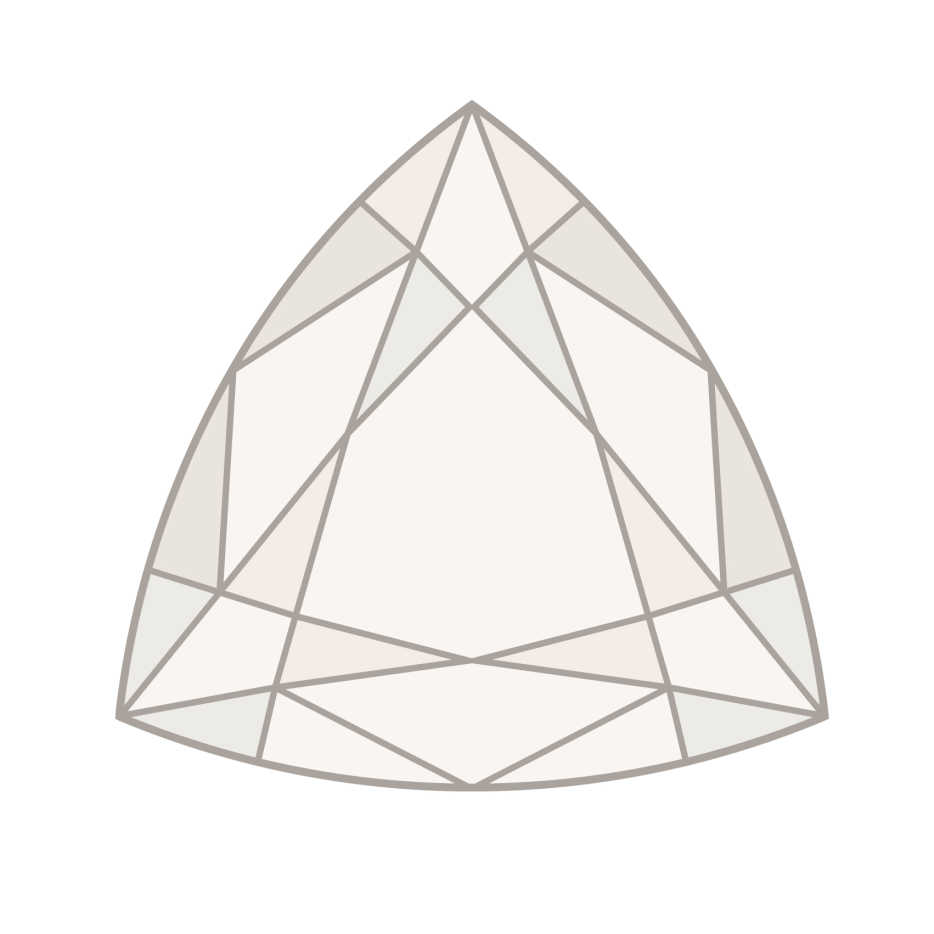

HOW DO DIAMOND SHAPES AFFECT PRICE?
Cutting process
Each shape requires a different cutting process and it is during this process that a percentage of the rough diamond is removed in order to create the desired shape. Some shapes waste a larger amount than others and generally, the higher the amount of discarded waste, the higher the average cost per carat. For example, a round diamond loses on average about 60% of rough stone, meaning a higher price, whilst princess diamonds lose around 20%, making them cheaper. This is because of their greater efficiency and yield.
A fancy shape will save you approximately 25% vs a round diamond. Today, nearly a third of engagement rings are made with fancy shapes.
Popularity
A high level of demand for the round shape, for example, makes it more expensive. It accounts for 75% of diamond sales. They of course also pricier for their beauty, as well as how much rough diamond they waste.
Relevant Categories

Ring Guide
Looking to buy a new diamond ring, but not sure where to start? If you're unsure about the best place to be... Read More
Want to learn more about lab grown diamond?
Book an appointment with one of designers and discuss any questions you might have, or what your needs may be.
